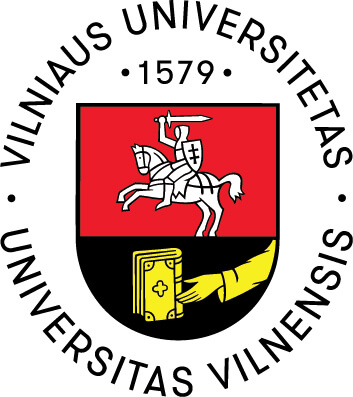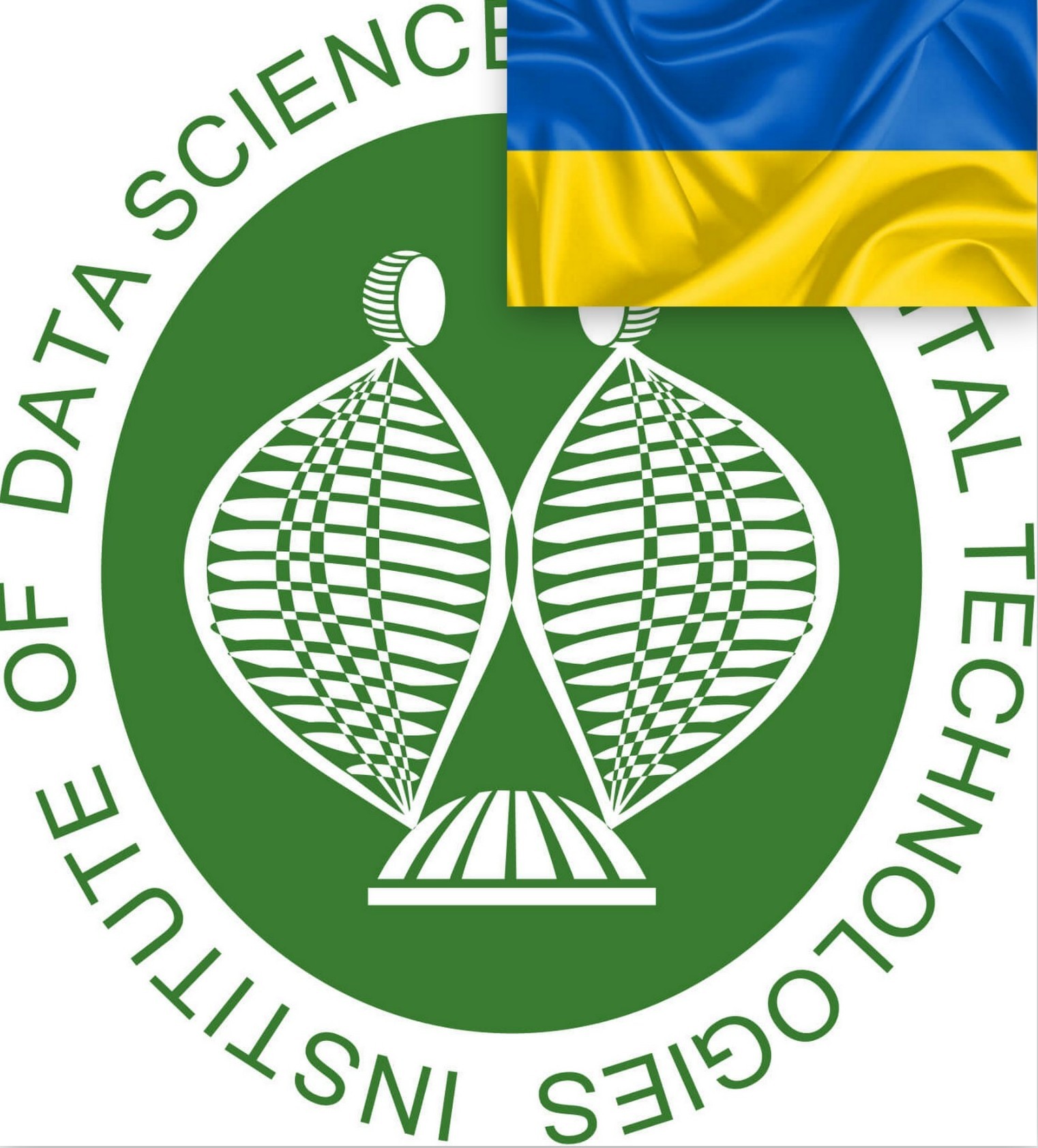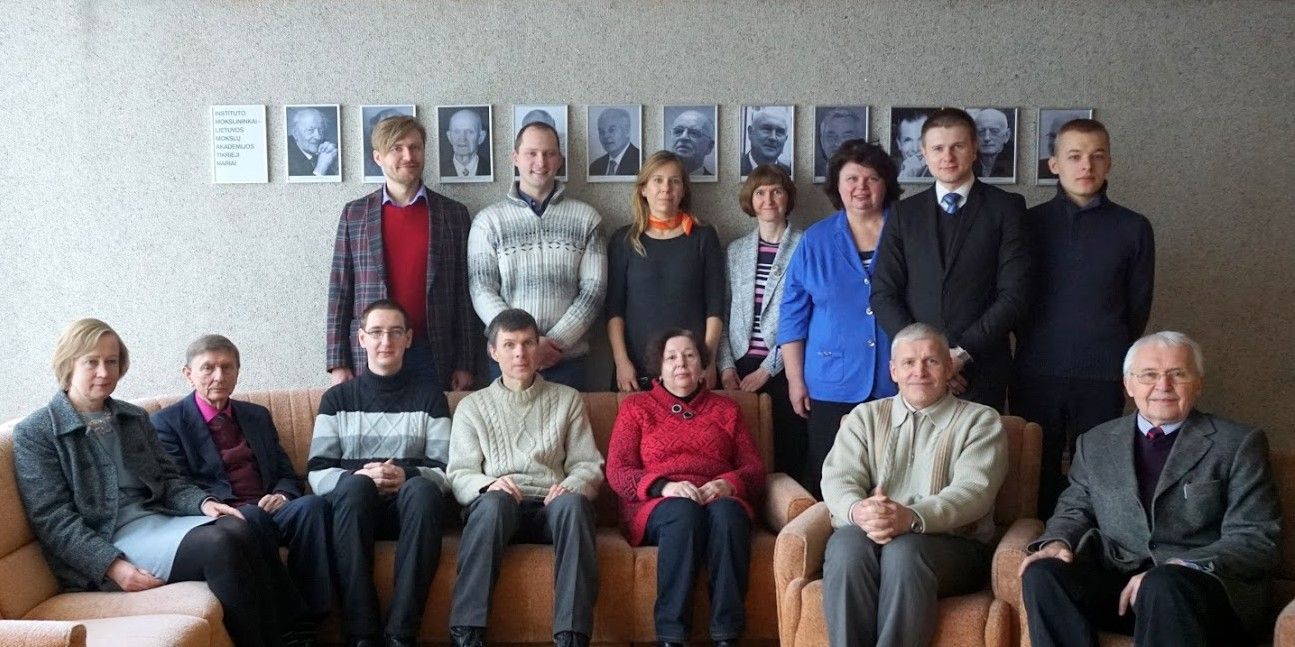Address
Akademijos st. 4, room 603
Vilnius, Lithuania
Head of the Group
Assoc. Prof. dr. Audronė LUPEIKIENĖ
Contact person:
Laima Paliulionienė
Tel: +370 5 210 9306
Research fields
Software engineering for cyber-physical-social systems:
- Theoretical foundations of information systems
- Domain causal dependencies modeling for software engineering
- Model based applications development (MBD) for different types of domains (enterprises, Internet of Things, smart systems, etc.)
- Knowledge-based development of cyber-physical-social systems
- Process mining
Mathematical logic:
- Automated deduction
- Knowledge analysis methods
- Deductive systems
Science and Education
Title: Research of software engineering methods arrangement with semantic modelling methods of business management. Construction of calculi and solving procedures for modal logics and lower bounds of complexity for discrete optimisation problems (2015-2017)
Main results:
- A new way of looking to software development by integrating the internal modeling paradigm with MDA approach. The modified MDA schema includes the new layer of the domain knowledge discovery. Frameworks for internal modeling of enterprise domain will help to trace the causal dependencies across the layers, and to determine the influence of domain causality to the integrity and interoperability of the application.
- An approach to transform business process models (BPMN 2.0 notation) into the SBVR business vocabularies and business rules. The SBVR business vocabularies and business rules can be derived from the BPMN 2.0 model when the modeling complies with certain requirements for business processes models.
- The normalization method of the enterprise modeling stage is developed, which is based on the perceived causality of the target domain. The provided research motivate normalization of the entire SDLC. Today usage of concepts normalization, and functional dependency (FD) is limited to only the database design stage. The first step is the discovery of management FD (MFD) of business activities. Management transaction is an initial specification of MFD, which gives a basis for enterprise model normalization. Enterprise model normal forms ENF1 – ENF5 defined and illustrated.
- Complete and correct sequent calculi for the half-order normal modal logics K to S5 inclusive without function symbols have been constructed. Based on these calculi, the decision procedures for the mentioned logics have been presented.
Phd Students
| Name, Surname | Supervisor | Field of study |
Theme | Time of study |
| Darius Sabaliauskas | Assoc. Prof. Dr. Jolanta Miliauskaitė | N 009 | The Reasoning Mechanism of Cognitive Systems | 2024-2028 |
Staff and PhD students
Employees |
Assoc. Prof. Dr. Audronė Lupeikienė Department: Cyber-Social Systems Engineering Group Address: Akademijos str. 4, room 625, Vilnius |
Dr. Romas Alonderis Department: Cyber-Social Systems Engineering Group Address: Akademijos st. 4, room 228, Vilnius |
Prof. Dr. (HP) Saulius Gudas
Department: Cyber-Social Systems Engineering Group Address: Akademijos st. 4, room 603, Vilnius |
Prof. Habil. Dr. Stasys Jukna Department: Cyber-Social Systems Engineering Group Home page: https://web.vu.lt/mif/s.jukna/ |
Dr. Saulius Maskeliūnas Department: Cyber-Social Systems Engineering Group Address: Akademijos st. 4, room 201, Vilnius |
Assoc. Prof. Dr. Jolanta Miliauskaitė Department: Cyber-Social Systems Engineering Group
|
Laima Paliulionienė Department: Cyber-Social Systems Engineering Group Address: Akademijos st. 4, room 603, Vilnius |
Assoc. Prof. Dr. Aida Pliuškevičienė Department: Cyber-Social Systems Engineering Group
|
Assoc. Prof. Dr. Asta Slotkienė Department: Cyber-Social Systems Engineering Group Address: Akademijos st. 4, Vilnius |
Phd students |
Darius Sabaliauskas Department: Cyber-Social Systems Engineering Group Address: Akademijos st. 4, Vilnius |
 Now you are in the 1st Lithuanian (.LT) domain.
Now you are in the 1st Lithuanian (.LT) domain. 














